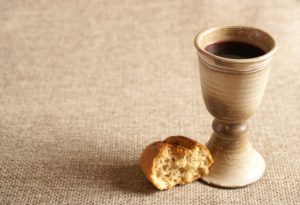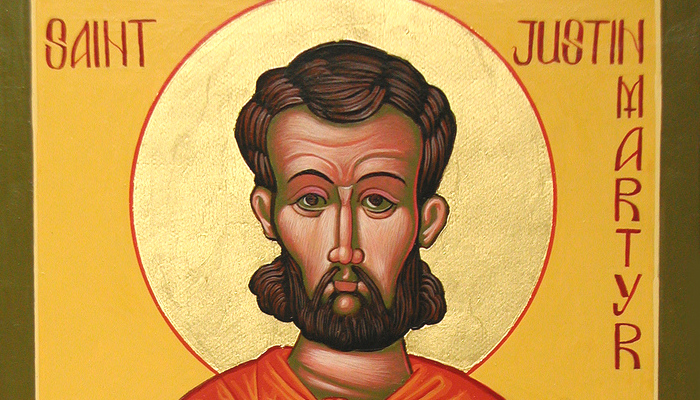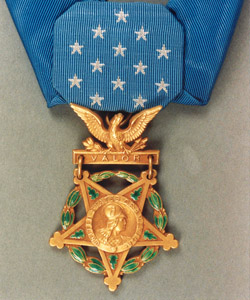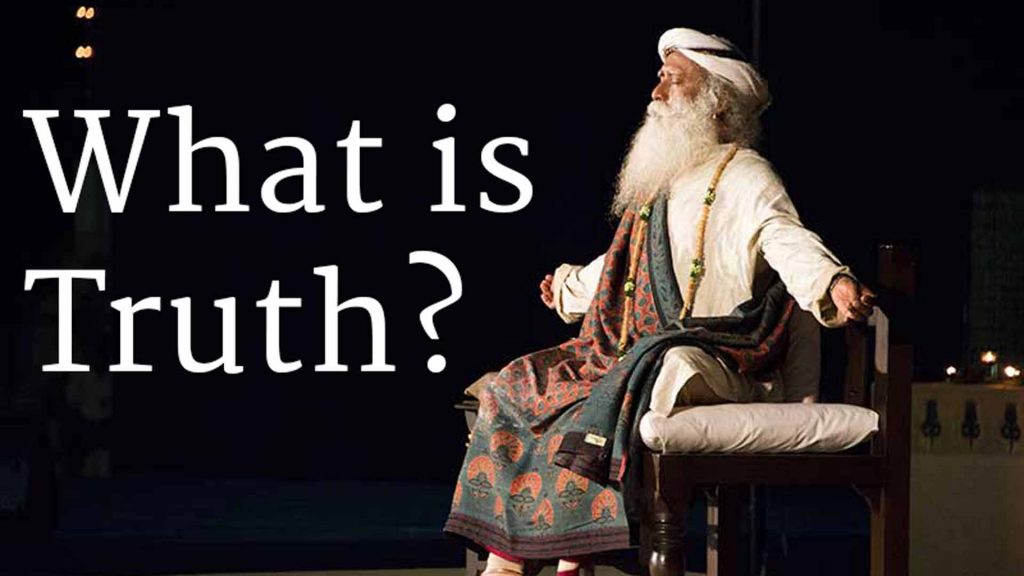As Christians, we are an historical people. We are linked to times in history, to events in history. Our stories do not start with “Once upon a time,” but “About 2020 years ago, Jesus was born.” Because of that, we can look back to earlier Christians and see what they said about various things.
Justin, one of our brothers, was born in what is now Nablus in the West Bank. He was a seeker of truth, and so went to several philosophers, including a Stoic, a Peripatetic, a Pythagorean, and a Platonist, before he came to know the truth of Jesus Christ. He was beheaded for his faith—our faith—in about 165.
He wrote several things, and one of the writings he penned survives today, known as the “First Apology.” It was written to Emperor Antonius Pius, and was an attempt to convince the government that they should not persecute Christians. In it he explains the practices of the Christians. This is what he wrote about the Lord’s Supper:
There is then brought to the president of the brethren bread and a cup of wine mixed with water; and he taking them, gives praise and glory to the Father of the universe, through the name of the Son and of the Holy Ghost, and offers thanks at considerable length for our being counted worthy to receive these things at His hands. And when he has concluded the prayers and thanksgivings, all the people present express their assent by saying Amen. This word Amen answers in the Hebrew language to so be it. And when the president has given thanks, and all the people have expressed their assent, those who are called by us deacons give to each of those present to partake of the bread and wine mixed with water over which the thanksgiving was pronounced, and to those who are absent they carry away a portion.
And this food is called among us Eucharist, of which no one is allowed to partake but the man who believes that the things which we teach are true, and who has been washed with the washing that is for the remission of sins, and unto regeneration, and who is so living as Christ has enjoined. For not as common bread and common drink do we receive these; but in like manner as Jesus Christ our Savior, having been made flesh by the Word of God, had both flesh and blood for our salvation, so likewise have we been taught that the food which is blessed by the prayer of His word, and from which our blood and flesh by transmutation are nourished, is the flesh and blood of that Jesus who was made flesh.
They believed that the very flesh of Jesus was in their own flesh. It brings new meaning to our old proverb, “You are what you eat.” Imagine what you could accomplish were the very flesh of Christ incorporated into you.

The cup was His blood. Imagine that you had the very blood of Christ flowing through your veins. When you help someone, it was Him helping someone. When you serve others, He serves others. The very power of God is within you. And when you are hurt, He hurts with you. Our God can sympathize with us because He became one of us.










5